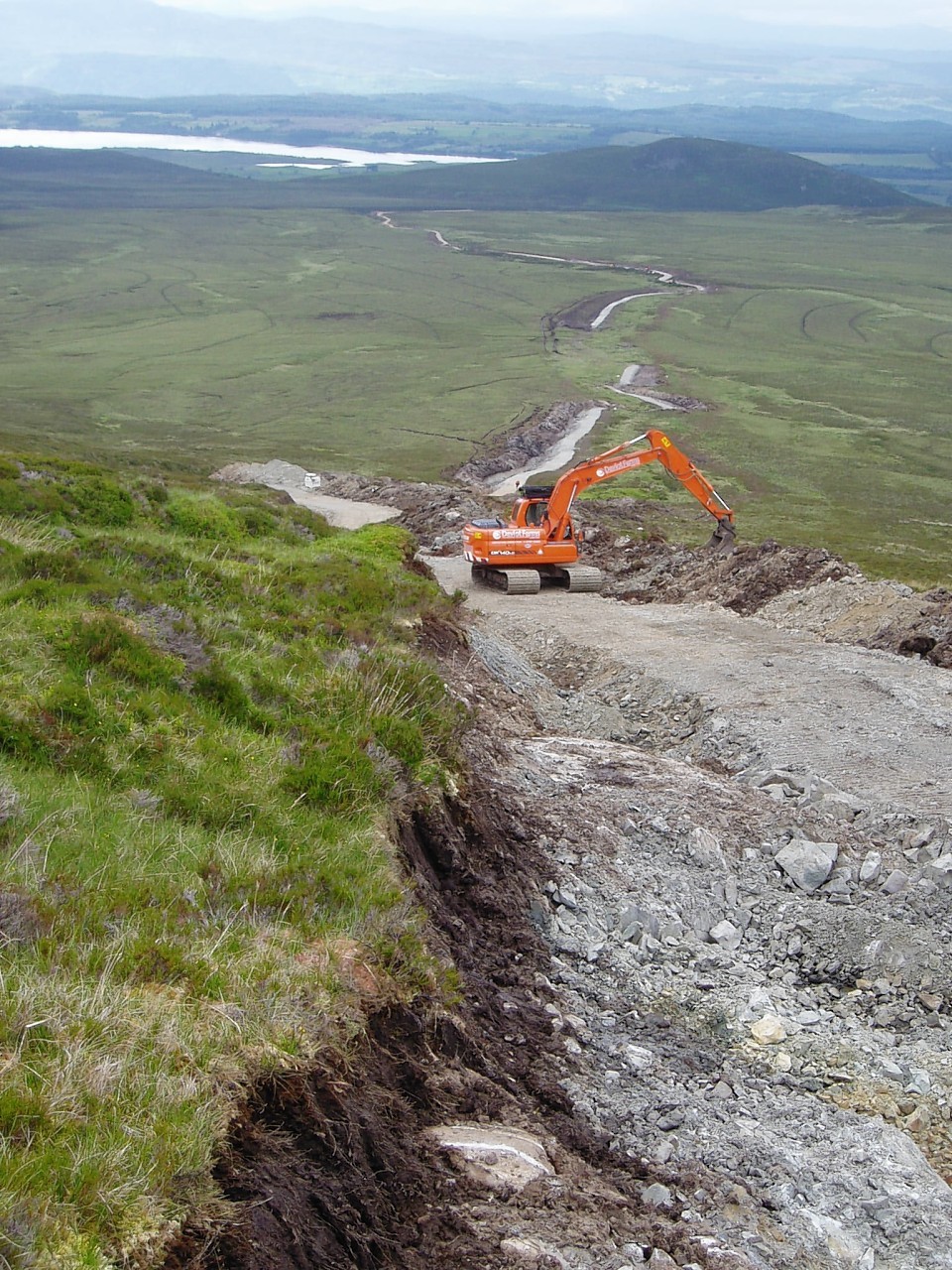Scotland’s scenic landscape is to get extra protection from landowners bulldozing new hill tracks.
New planning control will require councils to be given “prior notification” of any new developments.
Environmental organisations welcomed the move as a “step in the right direction” but said it did not go far enough.
Historically new forestry and agricultural tracks could be built or upgraded under permitted development rights.
Under the new system, a developer must submit details to the local councils, which then has 28 days to consider whether or not a track meets the requirement for permitted development and whether or not prior approval is required. If no decision is made within the timeframe, the development can proceed.
While not a planning application, it provides councils with an opportunity to consider whether a hill track is suitable in a particular location.
Local Government and Planning Minister Derek Mackay said: “Without proper controls and effective enforcement measures, the construction of hill tracks can damage our environment.
“Some hill tracks can undercut the hillside and lead to side banks collapsing and hill tracks can cause damage to wild animal habitat.
“In contrast well-constructed tracks can minimise negative impacts on the environment, and in the moorlands can often prevent damage to ground nesting birds and their eggs.
“That’s why it’s important that planning policy strikes the right balance between meeting the needs of rural businesses but also it protects Scotland’s environment, amenity and heritage.”
Mr Mackay broke the news to environmental groups at a meeting in Glasgow yesterday morning. It is understood they were unable to convince him to go further with the new procedures.
Helen Todd, co-convener of nine-strong organisation LINK hill tracks campaign group, said they will continue to campaign for hill tracks to be brought fully into the planning system.
“We fail to see why landowners should be able to carry on constructing major tracks across Scotland’s hills without the need for any public consultation,” she said.
“The new prior notification process will do little to address this fundamental inequity which leaves communities, organisations and individuals with little opportunity to comment on new tracks.”
